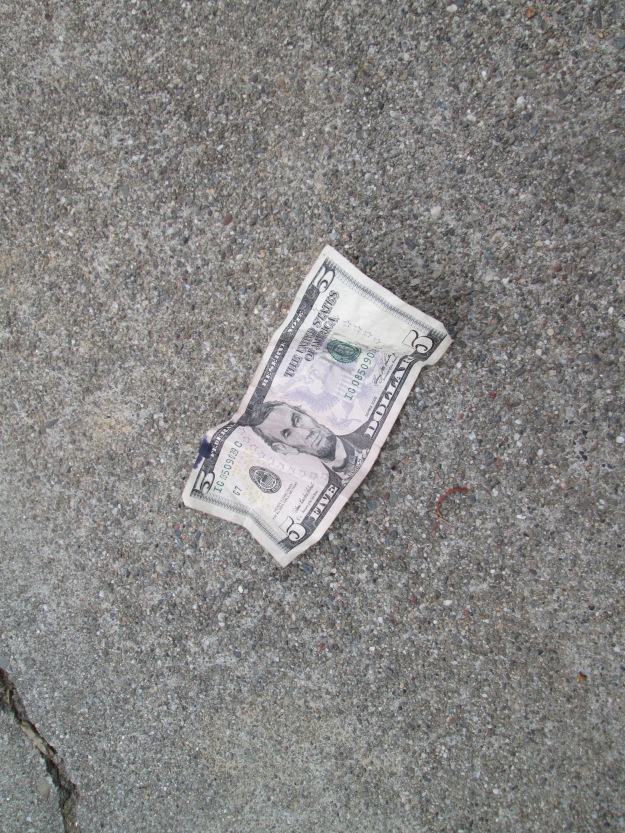Scarlet Johansson has been named Esquire Magazine’s Sexiest Woman Alive for the second year in a row.
Okay, headlines like these are the reason I changed my home page to Science Daily. Even if I were a man, I can’t imagine caring who the Sexiest Woman Alive is. Unless, perhaps, she lived on my block, frequented the same grocery store, and was inclined to laugh at my stupid jokes, leading me to believe I actually had a shot. But then I wouldn’t need a magazine to tell me how hot my neighbor is.
But it got me to thinking. Are other animals having these discussions?
“Now that is the Sexiest Walrus Alive!”
“Look at the tail on that mouse!”
“What a fox!”
Well, of course they’re not. The so-called "lesser" animals would never waste time they could be spending ensuring their own survival seeking out the most attractive coyotes west of the Mississippi, especially when they were never actually going to sleep with them.
So why do people do it? Why do we rank our fellow humans? Why do we obsess over Most Beautiful or Most Handsome?
I don’t know the answer, myself. I can’t really even guess. I’m personally inclined to believe it’s got something to do with having too much time on our hands. Because in the animal kingdom, true leisure is very rare. Even playtime is generally believed to constitute training or preparation for the “real” world. But what useful purpose does choosing the Most Beautiful People in the world serve? It can’t be meaningless; there must be some point to this worldwide yet relatively new phenomenon. There were very few celebrities in the 19th century, after all, and the few there were weren’t especially attractive.
But perhaps there is some evolutionary reasoning behind the beauty contest. Maybe it’s not about objectively evaluating someone’s good looks, or choosing the person with whom you’d most like to have sex. Maybe what it’s actually about is offering up a model for the rest of us to emulate; an example for us ordinary women. See, here, they tell us, look at what qualities of femininity Scarlett Johansson possesses. If you can imitate them, then you will be sought after by all of the other men who agree that these characteristics, taken together, constitute “sexy” and your odds of having quality offspring will increase. In effect, maybe we’re supposed to learn by example; perhaps it is a training exercise of sorts.
But then what’s in it for the men (I mean, beyond the obvious)? Maybe if you’re a man, there’s a biological benefit to having an ideal imaginary mate in mind so you can measure your real-world potential mates against her. Or perhaps male humans are designed in such a way that they aren’t entirely sure of themselves when it comes to selecting mates, and maybe having the consensus of other men as to what constitutes a good woman boosts a man’s confidence that he’s made a sound choice.
Or who knows? Maybe it simply boils down to the fact that most mammals, male and female alike, like shiny things.
It does make one wonder how other animals would behave if they enjoyed as much leisure time as modern-day humans. Of course, there already are a few other species that experience lives of even greater leisure than ours. Our pets. Yes, the dogs and cats and goldfish of the world have plenty of hours in which to mull over the mysteries of science and the meaning of pop culture. They can spend the whole day daydreaming up a romance between themselves and the tabby cat next door or the bitch down the street if they choose. I wonder if they do…
The Sexiest Walrus Alive?




